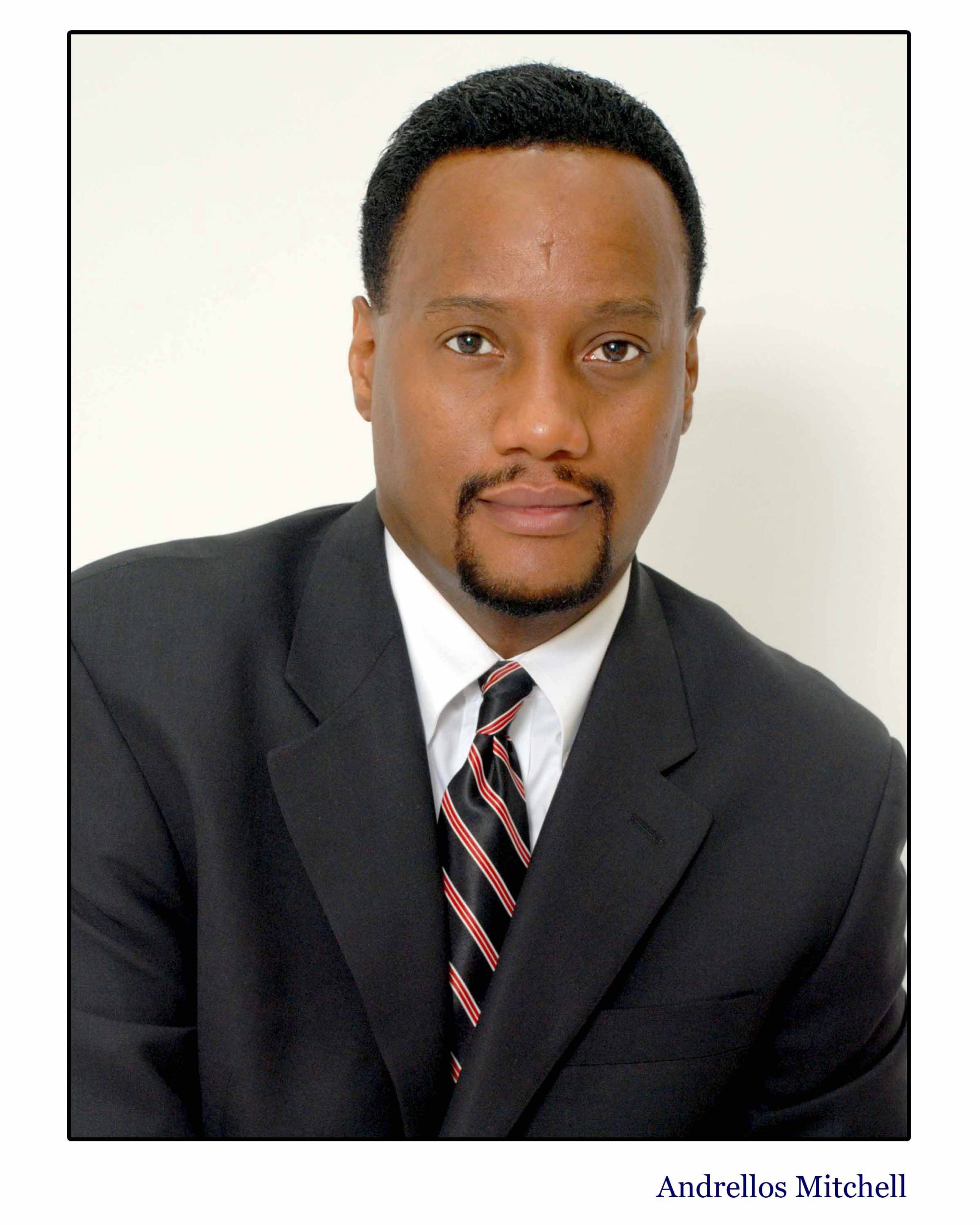Alvin Bragg Hush-Money Case: A Political Witch-Hunt
Former President Donald Trump faces more than 30 counts of falsifying business records in a New York case for alleged hush-money payments that were made to bury stories during the 2016 election.
These payments were allegedly made by Trump through his former personal attorney, Michael Cohen. Trump has pleaded not guilty to the charges and denied the claims in the case, including the ones accusing him of engaging in an affair with the porn star Stormy Daniels.
Michael Cohen and Stormy Daniels have been touted in the liberal media as star witnesses in the case. Cohen is a disbarred lawyer, perjurer, and an ex-convict. Cohen spent time in jail for crimes he committed while working for Trump. It should be easy for Trump’s lawyers to prove Cohen lacks credibility.
As for Daniels, at issue is whether an alleged hush-money payment to her was a personal expense or a campaign expense. Based on Cohen’s plea, it was an unreported campaign expense. Trump is accused of covering up his reimbursement to Michael Cohen for a $130,000 payment to Daniels to get her to keep quiet about an alleged affair before the 2016 election, which took place while Trump was married to Melania.
However, Daniels has stated in a document that she did not have an affair with Trump. “In the Jan. 30, 2018, signed statement, Daniels denied having an affair with Trump, which reversed earlier statements that an affair had occurred; she also said that she had not been paid “hush money” to sign the denial.”
Another statement released by Trump’s former personal attorney, Michael Cohen, earlier that month also quoted Daniels as denying the affair. Stormy Daniel’s own words can be used against her. She lacks credibility and it should be easy to prove in a court of law.
What’s the other crime and when was it committed?
Trump didn’t pay Daniels any money, Cohen did. When Trump repaid Cohen, it was after the 2016 election. So, when did Trump engage in election interference? After he was elected? Fraud requires the elements of knowledge and intent. These elements may not be so easy to prove in this case because Trump has plausible deniability.
In addition to the case being a political witch-hunt with witnesses that lack credibility, this case appears to be in the wrong court, and I believe that even if Trump is convicted, the case may be reversed on appeal. If Trump’s alleged falsifying business records is directly tied to campaign finance violations/fraud, and election interference then an argument can be made that the falsifying records case belongs in federal court, not state court. That is, if the statute of limitations had not passed.
However, even if the case had been brought in federal court, pursuant to a recent decision by the United States Court of Federal Claims the statute of limitations is six years and begins to run when an alleged fraud is committed. Thus, the statute of limitations had passed when Bragg decided to bring the case in state court. Maybe that’s why the Feds. passed on the case.
Many pundits, legal experts, etc. believe the hush-money prosecution is a slam dunk. I don’t think so. Trump simply needs to keep quiet and conduct himself accordingly. Contrary to what many in the media are saying, the successful prosecution of Donald Trump in the so-called hush-money case is not a foregone conclusion.

Andrellos Mitchell is a multifaceted individual with an impressive array of roles and accomplishments. Although he was raised in Washington, D.C. and Maryland, Mr. Mitchell proudly hails from Louisiana. His educational background includes degrees in Social Work, Education, and Law.
He is a practicing Washington, D.C. attorney at a general law practice that focuses on complex civil litigation such as fraud. Furthermore, Mr. Mitchell is a former Fraud Examiner for the District of Columbia Department of Insurance, Securities & Banking (DISB). He handles federal cases in Maryland and before federal government agencies across the United States. He is also a former D.C. and Maryland social worker. His social work experience includes mental health, alcohol and drug abuse, and family issues. Mitchell is a lifelong Independent voter. He is also a freelance writer and journalist. He provides commentary, analysis, and opinion for various media outlets. He is a staunch advocate for Freedom of Speech, the Second Amendment, and other constitutional law issues. Contact him at [email protected] or 202-848-9324.
